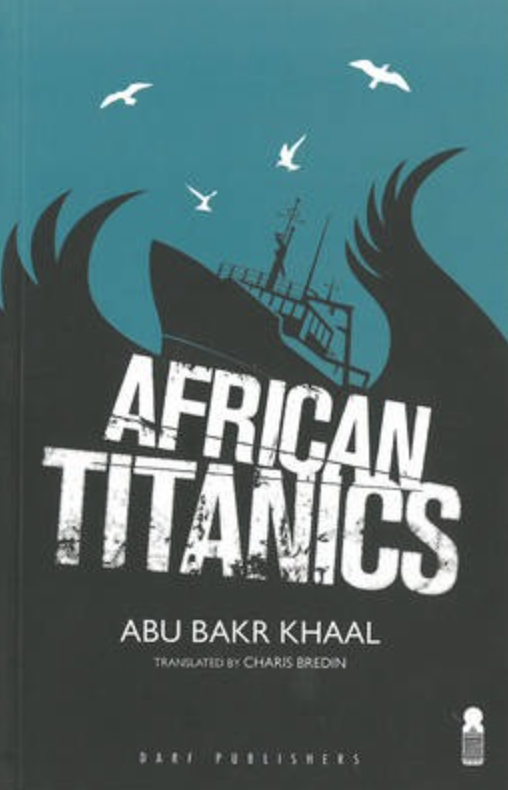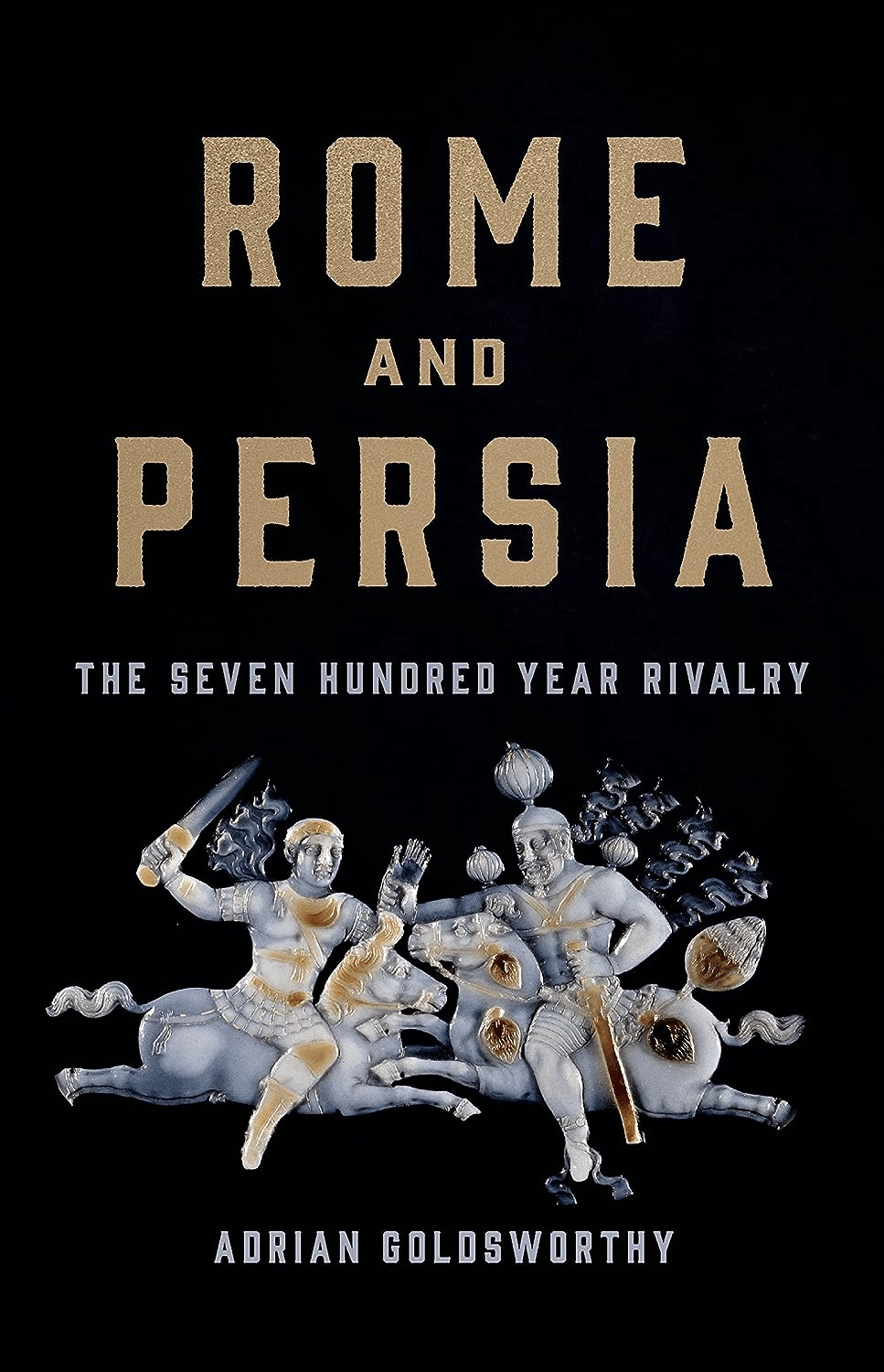
African Titanics
Margaret Powis
Abu Bakr Khaal. Charis Bredin, trans.
2014, Darf Publishers, 978-1-85077-273-6, £7.99 pb.
Migration is nothing new; humans have been on the move for uncountable centuries. What makes the 20th and 21st centuries different are the huge numbers of people involved. The reasons are the same: to escape from war, economic hardship and even starvation toward what is perceived as a more secure life. African Titanics chronicles the almost mythic journey of one man from Eritrea to Tunis, via Khartoum, the Eygptian Desert and Libya. The majority of the people migrating with him are Africans heading toward Lampedusa, Italy, but similarities with the tragedy of Syrian, Iraqi and Afghani refugees are inescapable. The straightforward narrative of the journey is interspersed with folktales, poems and encounters with local seers. The migrants meet generosity and kindness, as well as cruelty, disregard for human life and sometimes, tragically, death. The title suggests the doomed quality of the quest, but still the migrants journey on. While this is the story of particular locations, individuals and events, it could be an account of any migrant’s journey. Hope and despair exist next to moments of agony and laughter.
You may also be interested in...
.png?cx=0.45&cy=0.59&cw=382&ch=519.4922937443337)
New Book Decodes Mystery Behind Sixth Century Mosaic Pavement
Jane Chick’s 2024 study on enigmatic Libyan mosaic bridges Late Antiquity Roman and early ecclesiastical art.
In War and Peace, Book Explores How Rome and Persia Remained Frenemies
Book Review: In his latest scholarly work, Roman historian Adrian Goldsworthy reduces Persian and Roman longevity to simply an ever-evolving coexistence.